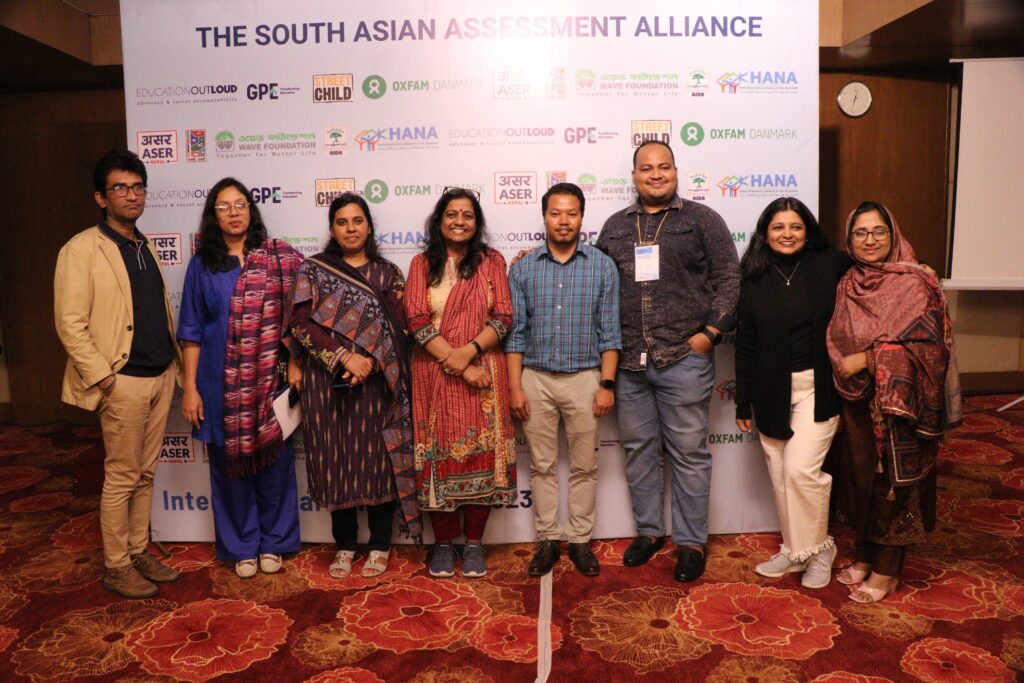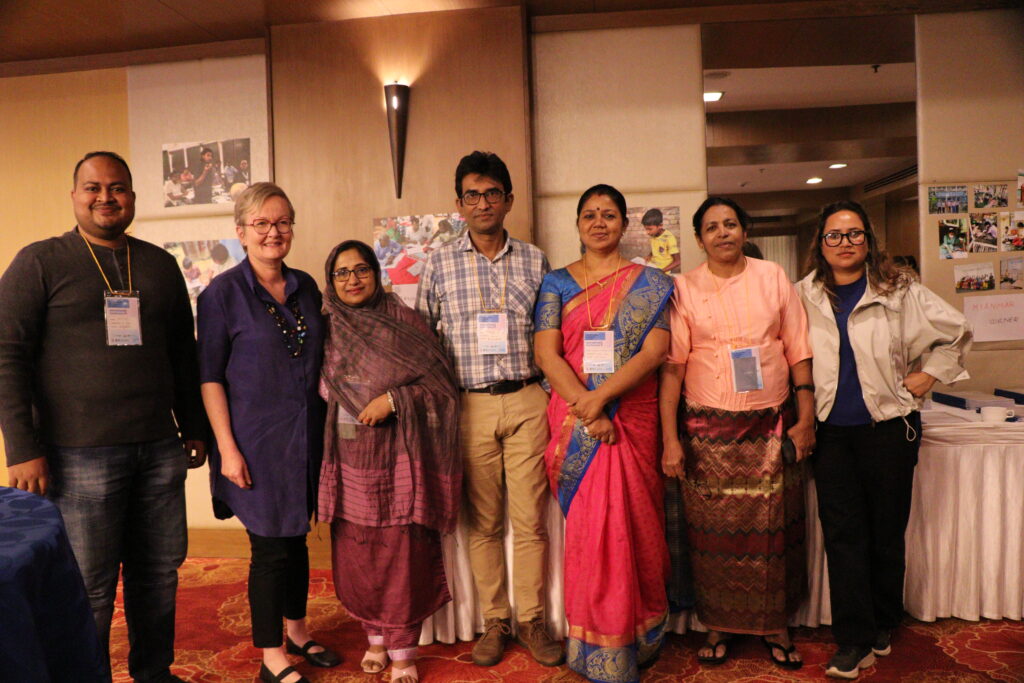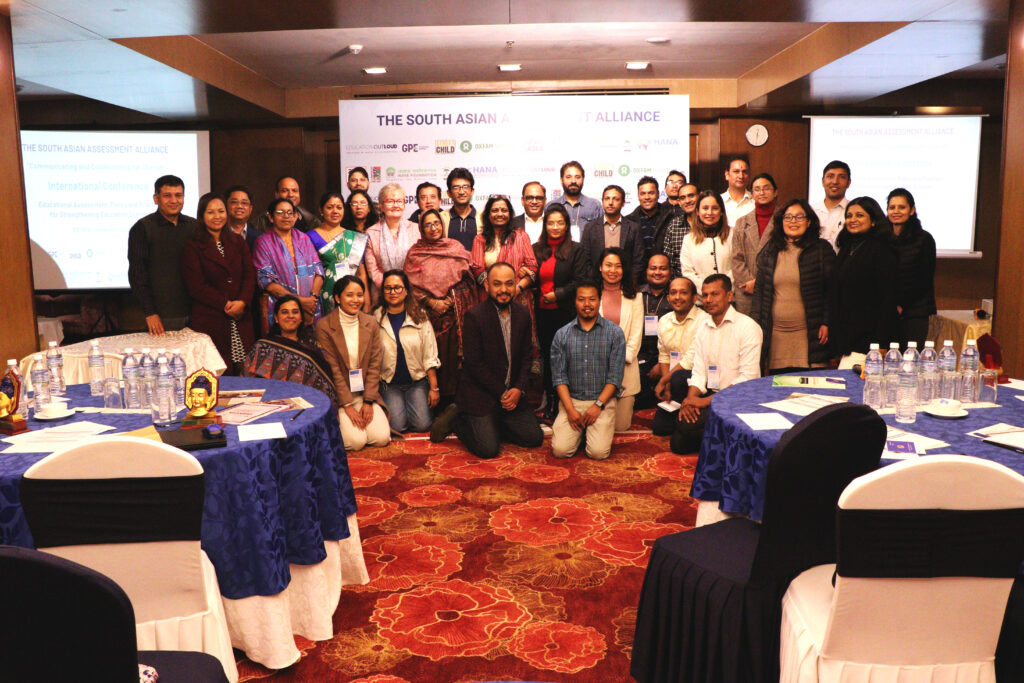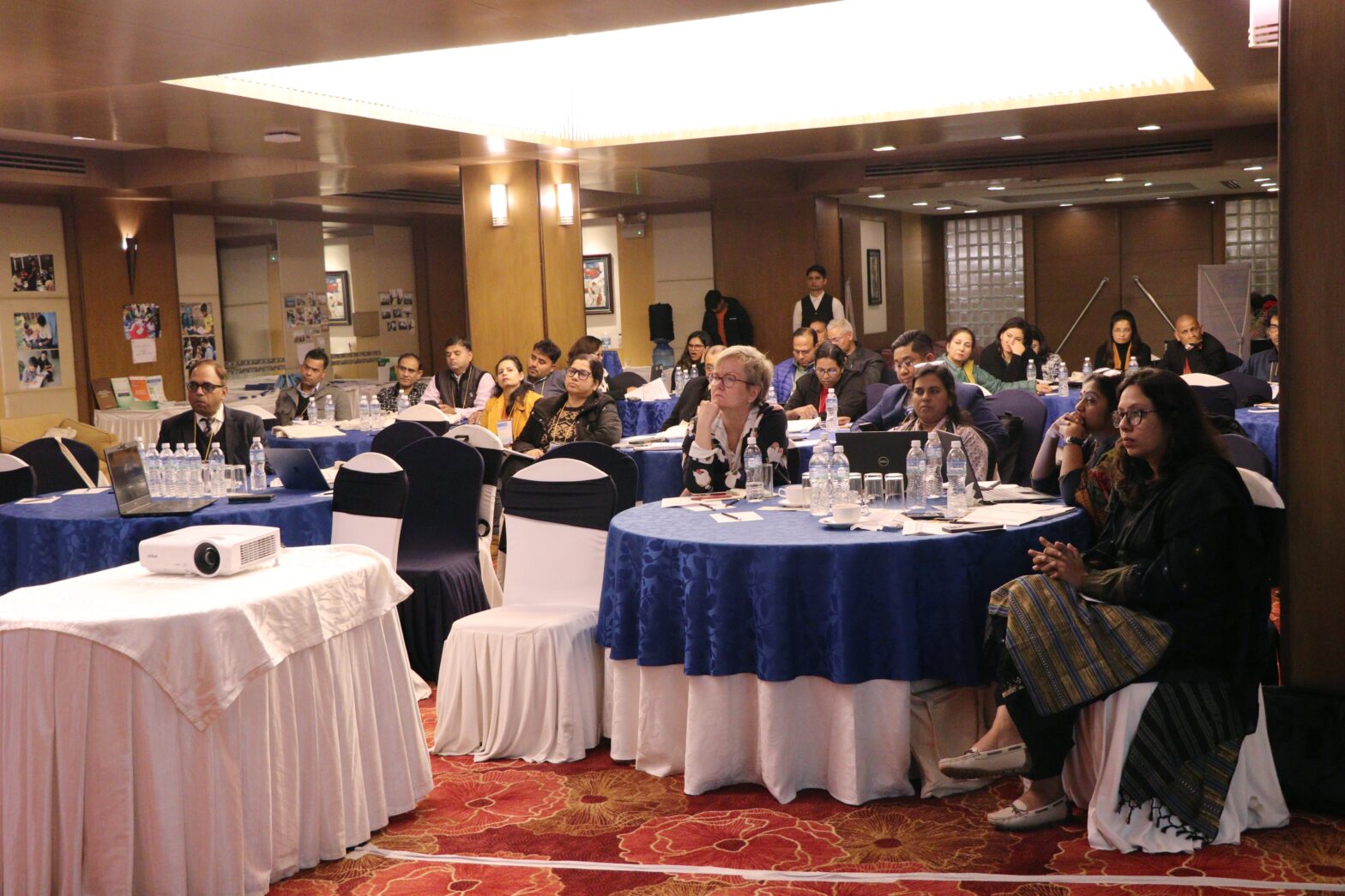Education Out Loud (EOL) is the Advocacy and Social accountability funding mechanism of the Global Partnership for Education (GPE) which seeks to enhance civil society capacity to engage in education sector planning, policy dialogue, influencing, and monitoring, and to promote transparency and accountability in national and local education policy processes. EOL is the largest fund in the world dedicated to supporting capacity building of civil society organizations and enhancing their engagement in education policy formulation, implementation, and monitoring. The program is managed by Oxfam Denmark as the grant agent. This three-day conference marked a significant milestone in bringing together various stakeholders to discuss and assess key issues in the realm of education.
The SAAA was initiated by Street Child in 2020 with the aim of advancing learning assessments as a key tool for quality learning advocacy, accountability and action through standardized Citizen-led Assessments. Street Child leads the alliance with four key partners at the South Asia level. Keenly Humanitarian Association for New Afghanistan (Afghanistan), WAVE Foundation (Bangladesh), Ashoka Association (Myanmar), and ASER Nepal-hosted by Galli Galli (Nepal) operate as country leads for the alliance. The country leads combined have over 100 CSOs in their networks who operate as the country level alliances. The alliance altogether has so far reached 10,862 children in some of the most underreached areas of Afghanistan, Bangladesh, Myanmar and Nepal in the last three years.


The event brought together partners such as WAVE Foundation Bangladesh, Ashoka Myanmar, KHANA Afghanistan, and ASER Nepal Galli Galli. Colleagues from Street Child in Afghanistan Bangladesh, Pakistan, Nepal, and Sri Lanka, along with representatives from ACER India, Initiative for Right View (IRV), Action Aid, Karkhana, National Campaign for Education (NCE), Volunteer National Review (VNR), Institute of Informatics and Development (IID) and CAMPE Bangladesh, gathered to engage in comprehensive discussions on critical facets of educational assessment, policy, and practices with the shared goal of strengthening educational systems. The event also featured honorary mentions with distinguished representatives from various organizations. Among the notable guests were Deepak Sharma, Director General of the Centre for Education and Human Resource Development (CEHRD); Chandrakanta Bhusal, Director General Khil Narayan Shrestha and Technical Officer at the Education Review Office (ERO) in Nepal; and Sujata Kulendra Kumar, Provincial Director of the Department of Education in the Eastern Province, Sri Lanka.
In addition, respected individuals such as Senior Programme Coordinator Marianne Olesen from Education Out Loud at Oxfam Denmark and Dr. Prakash Chandra Bhattarai, Associate Dean of External Affairs at Kathmandu University, were present. These esteemed guests shared valuable insights into the changes and challenges associated with promoting quality education within government frameworks.
The event highlighted several key focal points: 1) Assessment as a Catalyst for Educational Reform 2) Institutionalizing Assessments for Advocacy 3) Forging National and Transnational Alliances for Accountability and 4) Supporting Civil Society Engagement. The conference underscored the significance of supporting civil society organizations, citizens, and education stakeholders in actively engaging with evidence and implementing effective learning strategies.
The conference served as a platform for “The South Asian Assessment Alliance” to reflect on its role, drawing from lessons learned in countries where the Education Out Loud program has been implemented. It brought together key actors, influential figures, and representatives from various organizations to showcase best practices in educational assessment. The event represents the culmination of collaborative efforts, providing an opportunity to reflect on insights gained and establish an accountability apparatus to track progress against transnational, regional, and national commitments in the Education 2030 Framework for Action and SDG.

Way Forward
Leveraging knowledge exchange, creating collaborative platforms, and engaging stakeholders, including governments, were the key opportunities identified during the event. Strategies include utilizing diverse knowledge products, scaling up Citizen-Led Assessment (CLA), and involving local youth as change-makers. Challenges such as managing government expectations, sustaining efforts, and overcoming language barriers were acknowledged. The plan suggests creating a visibility module, resource mapping, and country-wise action plans. Fostering collaboration involves prioritizing children’s learning, aligning school-community relationships, and investing in a resource directory. Improving communication includes curating accessible data, utilizing social media for targeted messaging, and establishing virtual platforms.
Creating a regional momentum entails formalizing alliances, establishing steering groups, drafting learning agendas, and utilizing social media for visibility and engagement. The strategies emphasized seeking funding, developing monitoring frameworks, initiating pilot programs, and ensuring accessibility for Children with Disabilities (CwD). Overall, the event renewed the spirit of commitment to further strive for a collaborative and sustainable effort to enhance education quality in South Asian countries.

